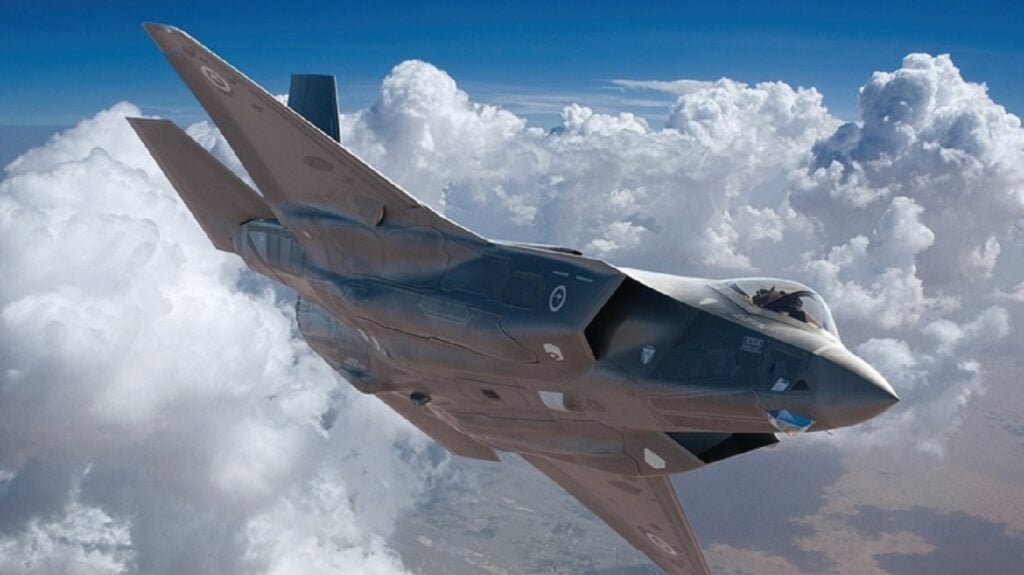The US State Department has approved a $405m (A$587m) Foreign Military Sale of 100 Advanced Anti-Radiation Guided Missiles – Extended Range (AARGM-ERs) for the Royal Australian Air Force (RAAF).
The Defense Security and Cooperation Agency (DSCA) informed Congress of the government’s decision on 27 September 2024.
Furthermore, the agency confirmed that the sale will not alter the basic military balance in the Indo-Pacific region. Nevertheless, this latest military support is critical to US foreign policy objectives as “the strategic location of this political and economic power contributes significantly to ensuring peace and economic stability in the Western Pacific.”
RAAF use of AARGM-ERs
An AARGM-ER is a supersonic, air-to-ground tactical missile that builds on the original AARGM by addressing capability gaps resulting from threats that emerged after 2020.
It has a new warhead, a larger rocket motor, and redesigned control surfaces. AARGM-ER is expected to have roughly double the range and speed of its predecessor.
The primary role of the missile is to target enemy air defences. The ER iteration features full destruction of enemy air defence capability, including autonomous detection, target identification, and surface-to-air missile systems destruction.
This latest order will provide the 60 F-35As in the RAAF fleet with a capability to suppress and destroy land or sea-based radar emitters associated with enemy air defences, thereby improving survivability of tactical aircraft.
While AARGM-ER fits into the internal weapons payload of the F-35 multi-role fighter jet, the original AARGM iteration does not due to its large control fins.
Australia will have no difficulty absorbing this equipment into its armed forces as the Commonwealth nation has used the system in the past. Australia first placed an order for 63 AARGM-ERs and related equipment at an estimated cost of $506m in February 2023.
Strategic partnership
Tensions are increasing in the Indo-Pacific theatre, where the US and its allies – notably Australia, Japan and Korea among others – aim to curtail Chinese military aggression against its neighbours. China’s foreign policy is widely considered an affront to the so-called Liberal International Order, which espouses freedom of navigation and national sovereignty.
“It is vital to the US national interest to assist our ally in developing and maintaining a strong and ready self-defence capability,” the DSCA reiterated.
This involves kitting out their allies with standard weapon systems such as the AARGM-ER, which is more suitable to the air-to-surface strikes anticipated in a prospective conflict in the region.









